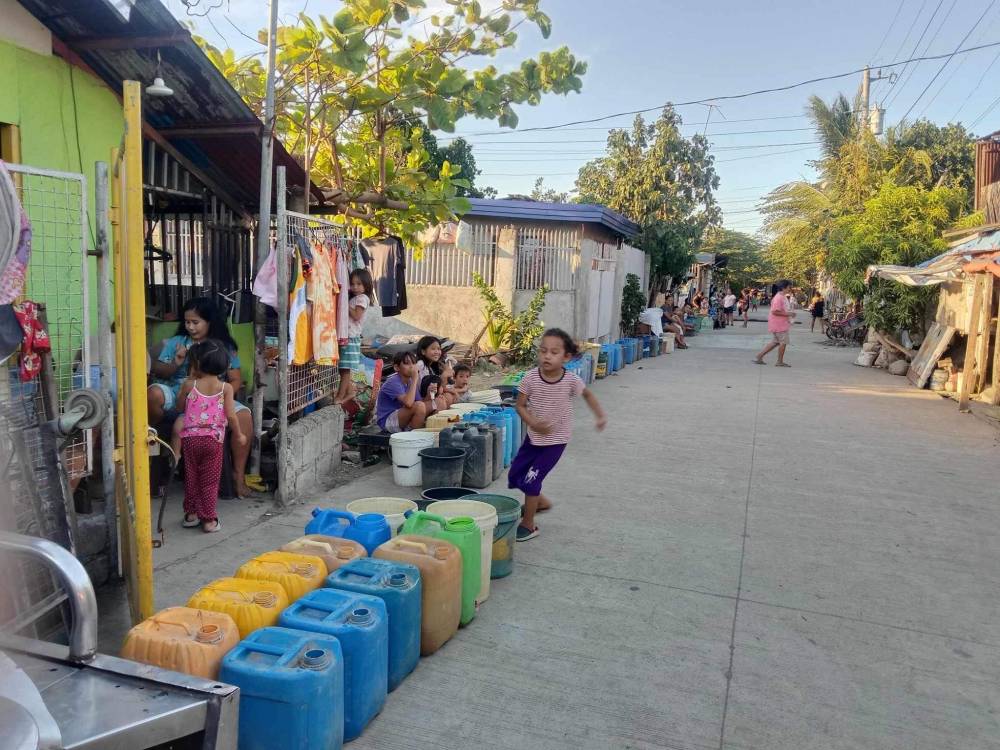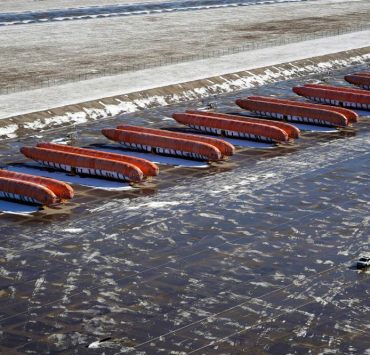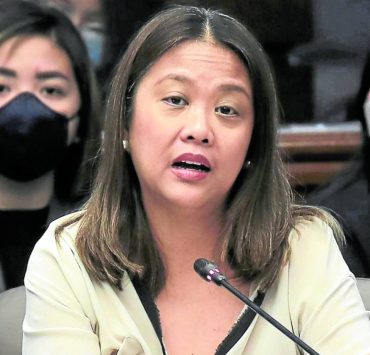Bacolod finds ways to ease water shortage amid El Niño

BACOLOD CITY—The city government here has decided to deliver potable water to communities and to engage in controlled burning, grass cutting, and cleanup activities to address the increasing grass fires and drying up of wells caused by the drought spawned by the El Niño phenomenon.
The mitigating measures were decided during a multi-agency coordination meeting on El Niño and La Niña weather phenomena convened by Bacolod Mayor Alfredo Abelardo Benitez at his office at the Bacolod City Government Center on Wednesday.
On April 2, at least 13 fires hit Bacolod, 10 of which were grass fires. There were also 205 fires reported in March, 130 of which were grass fires, the local fire department said.
Water shortages and grass fires were expected to continue to be experienced in this city with the El Niño phenomenon projected to persist until May, the participants were told.
And when the dry spell ends, the city will now have to brace for the onslaught of heavy rains with the growing probability of La Niña developing in June up to August, officials said.
Water tankers
Officials who attended the meeting agreed that at this time, it was more important to address the drought-related issues, such as the mobilization of water tankers for household water supply and providing free water vouchers to residents faced with shortages.
The Department of Agriculture would also distribute drought-tolerant seeds to address food production concerns of local farmers.
“Bacolod City is fortifying its resilience against the challenges posed by El Niño,” Benitez said during the meeting.
“To ensure every household has access, I pledge to mobilize 10 water tankers. Access to water is a basic right, and I will work tirelessly to ensure it is fulfilled for all our residents,” he added.
Among the La Niña preparations discussed were drainage system maintenance, dredging, and cleanup drives to prevent flooding.
Preparedness plans have also been put in place to address potential health issues.
Consider cloud seeding anew
Negros Occidental officials, meanwhile, have asked asking the Bureau of Soils and Water Management (BSWM) to reconsider its decision not to hold cloud seeding operations in the province where at least P97 million worth of crops have been damaged due to prolonged dry spell.
Bacolod City, the economic capital but politically independent from Negros Occidental, was not among those that sustained crop damage since it has no major agricultural fields.
“Cloud seeding would somehow help the drought hit crops in the province,” said Gov. Eugenio Jose Lacson.
The BSWM has decided against cloud seeding due to lack of viable clouds and moisture in the province. Induced rains could also affect the 20,659 mango trees in fruit development in San Carlos City, Negros Occidental, and 2,752 trees in Guimaras province.
Lacson said he spoke to Department of Agriculture-Western Visayas Regional Director Dennis Arpia to ask if the recommendation against cloud seeding could be reconsidered.
“Arpia’s response was that the experts have already said that there are no seedable clouds,” Lacson said.
The governor was hoping even for a light rain that could provide respite to farmers whose farms had been badly affected by the drought caused by the El Niño.
The drought has affected 2,585 farmers in 20 out of 31 local government units in Negros Occidental where P97,788,037 worth of crops have been damaged as of April 2.
Damage to rice crops was pegged at P93,050,227 and P4,737,809 to corn, said Provincial Agriculturist Dina Genzola. INQ

















